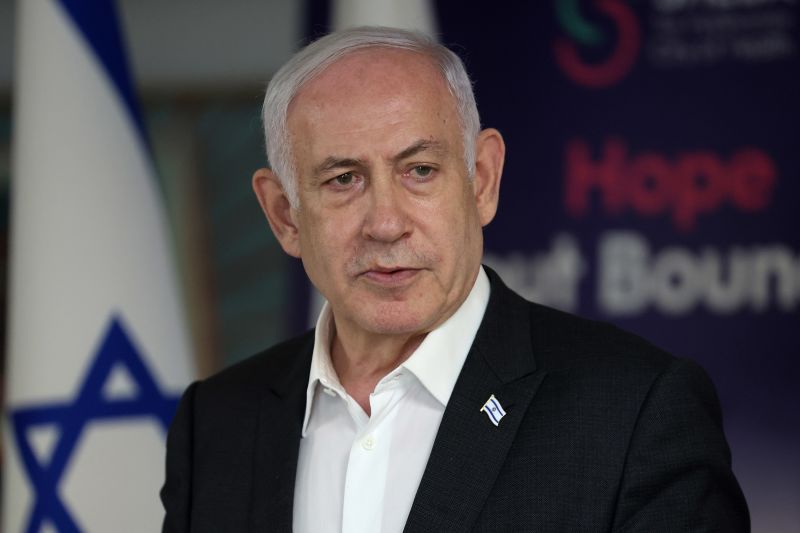In the paradigm of ongoing strife between Israel and military group Hamas in the Gaza Strip, Israeli Prime Minister Benjamin Netanyahu has made a significant declaration. He stated that Israel is moving towards the “end of the stage of eliminating” Hamas’ military wing in the Gaza Strip.
In the context of continuous cycles of conflict in the region, this comes as dramatic news. The recent conflict has seen record volatile and mutual hostility with the potential to escalate into a greater full-scale war. Netanyahu’s remarks represent an essential strategic shift in Israel’s approach towards Hamas, indicating a profound change in the Israeli military’s operational focus.
The term “eliminating” denotes more than just a temporary crippling of Hamas’s military capabilities. It anticipates a long-term disabling that would disable Hamas from reconstituting its military wing, thus altering the power dynamics in the region.
Through this assertion, Netanyahu is communicating that Israel is advancing with a strategic military policy that is designed to avert the cycle of escalating violence. Moreover, this announcement accounts for a substantial change in Israel’s defense doctrine.
The commitment to this operation is firmly supported by the Israeli defense force (IDF), who too have issued a similar statement. IDF stated that it had bombed key sites and infrastructure, significantly reducing Hamas’ military capabilities and cogency. The massive strikes, as communicated by Israel’s military, have targeted and hit numerous rocket launch sites alongside Hamas’s command and control facilities.
Beyond the military scenario, the operational change also has wide-ranging political implications. Netanyahu’s announcement comes at a precarious time when he has continually been barraged with allegations of corruption. Political critics have accused him of using the enduring conflict as a distraction from his personal issues. But, this recent pro-active stance against Hamas may be perceived as Netanyahu’s effort to reunite the nation amid criticism and demonstrate transformative leadership.
On the other side, Hamas, which has been seen as a significant player in Palestinian politics, may face diminishing support due to this onslaught. The group’s capacity to retaliate will be crucial in determining whether it maintains its influence or faces a weakening grip over its governed territories.
This move by Israel, as stated by Netanyahu, is not merely a short-term operation but appears to be a critical long-term strategy. It presumes a lasting solution to the ongoing conflict with Hamas, a significant shift from the reactive to preventive military operations.
However, while Israel is progressing with its military operations, it is indispensable to address the pacification process in parallel. Although the elimination of Hamas’s military wing may change the power dynamics in the Gaza strip, it may not guarantee lasting peace unless accompanied by diplomatic efforts and peace-building measures.
Therefore, coupled with the tactical move, a comprehensive and creative approach for diplomatic resolution should follow. It should aim at achieving lasting peace in the region, including the provision of basic rights and freedoms to Palestinians under international law. Such a complementary strategy would prove beneficial for both Israel and Palestinians, directing towards the possibility of long-term peace and stability.
In conclusion, Netanyahu’s declarations signal a major shift in Israel’s military operations and its approach towards Hamas. The spadework upon this end of the stage of eliminating operation, if successful, may make a huge difference to the already volatile situation. However, a military solution alone may not prove sufficient. It is crucial that this aggressive stance is complemented with further steps towards a peaceful, diplomatic solution to ensure long-term tranquility not just for Israel but also for the Palestinians in the Gaza Strip.




